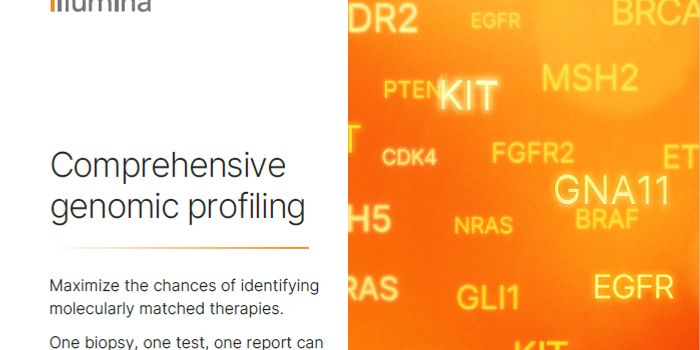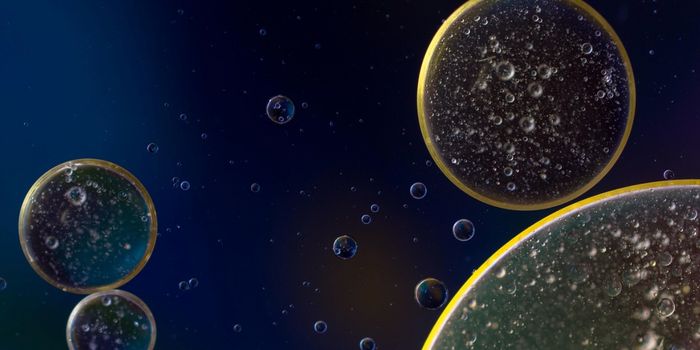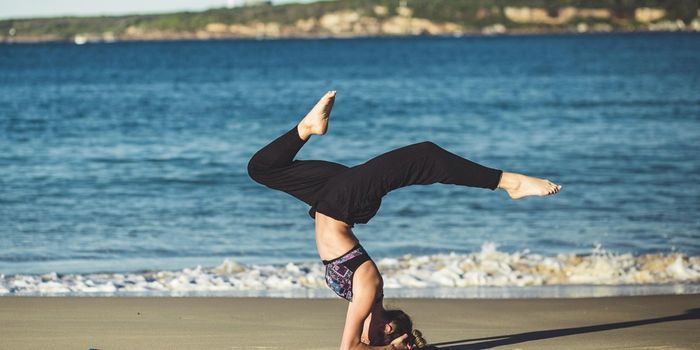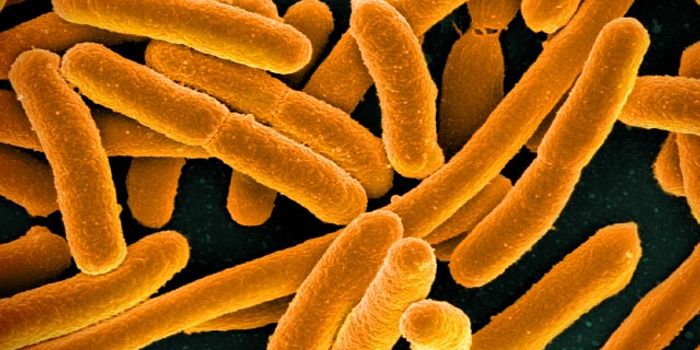The Oral Microbiome Reveals How Long We've Loved Starchy Foods
Bacteria are everywhere, including in our guts and mouths. Researchers are learning more about how the trillions of microbes that call the human body home affect our health, and how that microbiome has evolved over time. Reporting in the Proceedings of the National Academy of Sciences (PNAS), an international research team has analyzed fossilized human and Neanderthal dental plaques. The samples were from 120 individuals from various times throughout the past 100,000 years, and the scientists compared them to similar plaques from wild chimpanzees, gorillas, and howler monkeys.
The research team created new technologies to assess these ancient specimens, the oldest of which is 100,000-year-old dental calculus from a Neanderthal in Pešturina Cave in Serbia. That's thought to be over 50,000 years older than the previous oldest specimen.
"We were able to show that bacterial DNA from the oral microbiome preserves at least twice as long as previously thought," said lead study author James Fellows Yates, M.S., a graduate candidate at the Max Planck Institute for the Science of Human History. "The tools and techniques developed in this study open up new opportunities for answering fundamental questions in microbial archaeology, and will allow the broader exploration of the intimate relationship between humans and their microbiome."
This work revealed ten bacterial groups that have been a part of the primate oral microbiome for more than 40 million years. Humans and their closest primate relatives still carry these groups of oral bacteria, some of which are known to have critical roles in the mouth, and may help keep gums and teeth healthy. But we know very little about some of the other groups.
"That many of the most important taxa are poorly characterized is a surprise to oral microbiologists who have been working on these bugs for years," noted study co-author Floyd Dewhirst, D.D.S., Ph.D., of the Forsyth Institute. "We're still learning about new members of this community, and these results give us new species to target for full characterization."
This work also found that Neanderthal oral microbiomes were notably similar to human oral microbiomes, with differences at the strain level. Bacterial strains carried by Neanderthals disappeared from humans about 14,000 years ago, at the end of the last Ice Age and during a period of substantial population flux.
The study has also surprised researchers who found a subgroup of Streptococcus bacteria that are adapted to consume starch early on in Homo evolution. This finding suggests that starchy food may have been a crucial part of the human diet for longer than we knew, even before humans were farming and before modern humans evolved. Previous studies have suggested that the energy provided by starch-rich foods like roots and tubers may have helped our ancestors form larger brains, which are characteristic of our species.
"Reconstructing what was on the menu for our most ancient ancestors is a difficult challenge, but our oral bacteria may hold important clues for understanding the early dietary shifts that have made us uniquely human," said lead study author Christina Warinner, Ph.D., a professor with joint appointments in Anthropology and Microbiome Sciences at Harvard University and the MPI-SHH. "Bacterial genomes evolve much more quickly than the human genome, making our microbiome a particularly sensitive indicator of major events in our distant and recent evolutionary past."
Sources: AAAS/Eurekalert! via Max Planck Institute for the Science of Human History, PNAS











